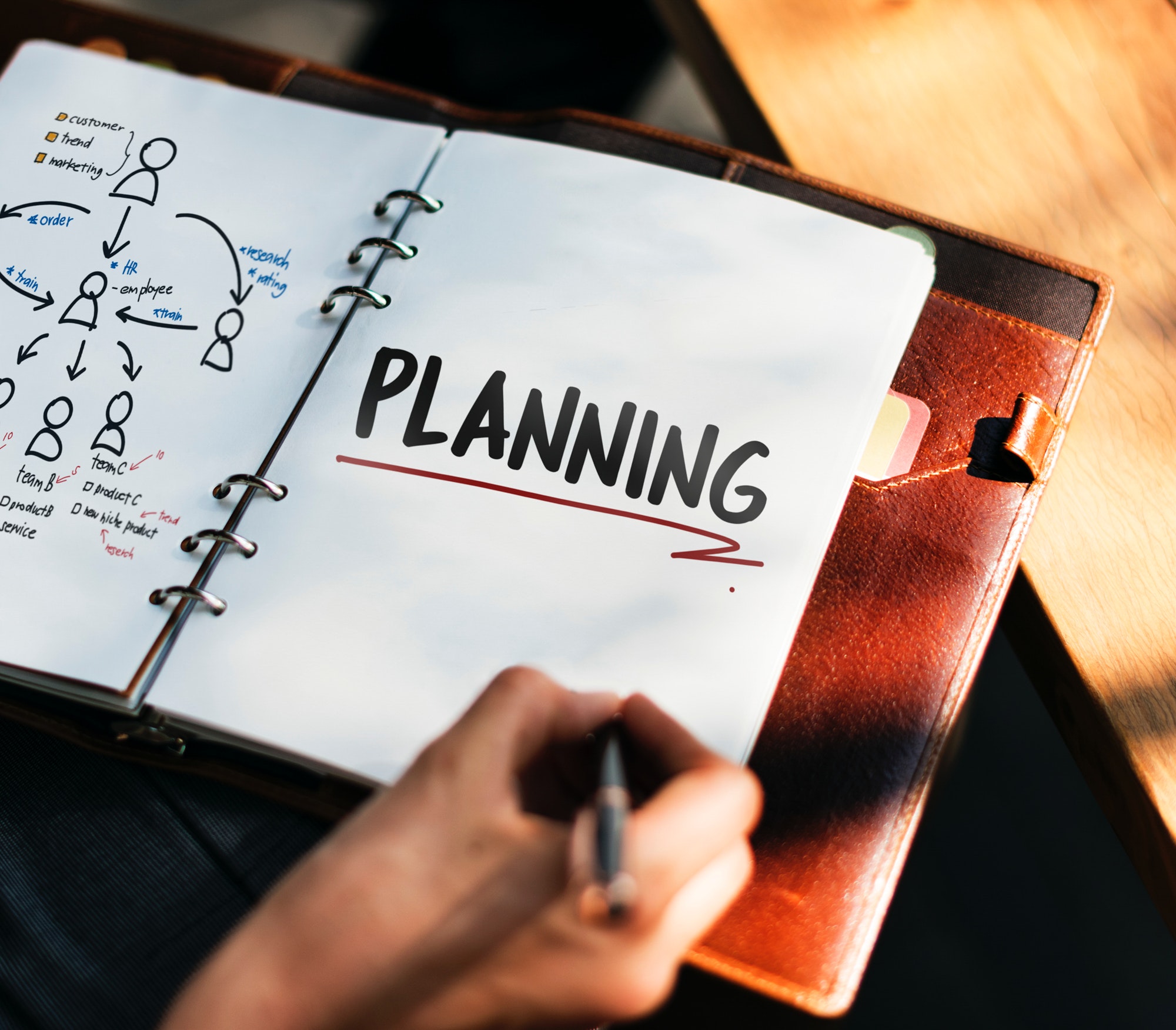How to make a lesson plan
How to Make a Lesson Plan
As an early care and education (ECE) instructor, you are responsible for teaching a class full of students every day. With a young audience, sometimes communicating new ideas can take some extra commitment. Make sure to take the time to teach lessons that stick.
Start by organizing the materials and topics you plan to teach in a way that will best help your students learn. Learn how to make an effective lesson plan.
Six effective ways to make a lesson plan in early care and education
When planning a lesson, break down the topic using the following steps:
1. State your purpose
When you design a lesson, it's important to begin with the end in mind. Think about it like planning in reverse. If your students take only one thing away from the lesson, what should it be? Make sure that your core concept is at the center of the plan.
2. Define any necessary terms
In the ECE classroom, you introduce your students to a lot of new words. Be careful that you define those terms from the start to avoid confusion.
3. Outline the main ideas
You may have a lot of information to communicate to your students. You need to make sure that the main ideas don't get lost in the process. Outline these points and ensure that they shine through the rest of the curriculum. Present small concepts that build on one another to develop into a larger idea. Young children cannot handle lots of information at one time.
4. Connect to previous topics
The school year is a marathon, not a sprint. You go through a lot of curriculum that builds off of other topics you covered before. If you did a unit on colors last week, include those shades in this week's lesson on shapes.
5. Ask good questions
If you work with young students, you already know that they love questions. So take a page out of their book and ask your own open-ended questions about the lesson you're about to teach. Effective questions don't need a single word answer and encourage children to analyze and test. Try to anticipate any problems the students might have and address them in advance.
6. Plan your conclusion
How are you going to wrap up the unit? With a hands on demonstration? A craft? Make sure that you finish strong.

By creating an effective lesson plan, you will be a more effective teacher, and your students will have a greater chance at academic success.
The importance of a lesson plan for your classroom
A straight forward lesson plan is critical for the classroom. It makes your lessons more efficient and clearer, and provides structure to your days. It's also important for consistency. You may occasionally miss a day because of an illness or personal commitment. In those situations, having a lesson plan will ensure that the substitute will be able to continue educating without interruption.
To learn more about excelling in early childhood education, consider enrolling in online courses through ProSolutions Training. The perfect course to help with this topic is Lesson Planning for Young Children. Click here to learn more.




